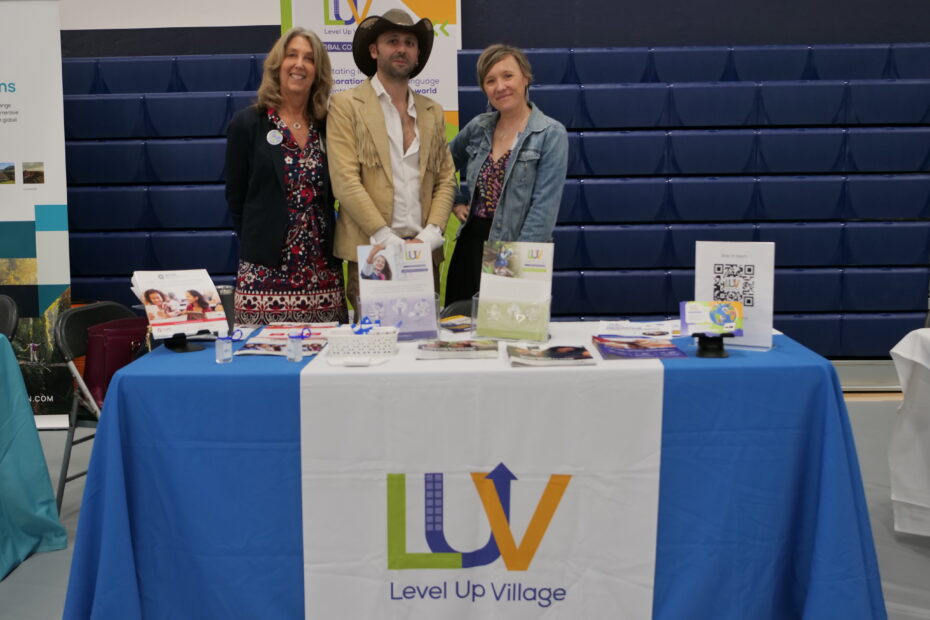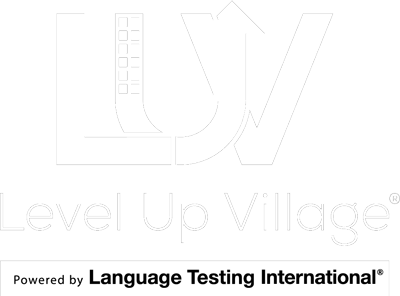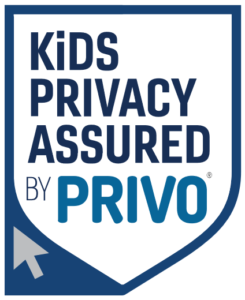The GEBG Annual Conference
Like in years prior, Level Up Village made a splash at the yearly summit of educators involved with the Global Educators’ Benchmark Group. Hosted by Holton Arms School in Washington, D.C., the conference invites all Global Directors, Experiential Learning Directors, Teachers of Foreign Language, Trip Providers, and just about anyone involved in the burgeoning intersectional field of Global Education. Exhibiting during breaks and lunches, and having our representatives attend classes really helped us keep our collective finger on the pulse of all the hot topics in Global Ed. As with every year at this rewarding collective of teachers and travelers, the conversation develops and pushes to new limits. Continue reading about what we took away from the experience.
Equity and Program Development
Having the pandemic and lockdown somewhat in the rearview of even the tightest and restrictive countries definitely accounts for the great uptick in conversations, workshops, and presentations focused on travel, trips, and experiential education. However, the inescapable convenience of telecollaborative programs such as virtual exchanges still shines, most saliently in two subtopics of the conference’s ambitious interdisciplinary network: conversations of equity, and strategies of program development.
Nearly every discussion in education nowadays finds its way to matters of equity: it’s just too sewn into the zeitgeist of the 2020s to avoid. And naturally, at the GEBG Conference, educators from the U.S. and 21 other countries had much to say on the topic. Where do schools source their travel funding? How can families ensure they can afford robust international programs in the light of the growing costs of travel? And to whom can program directors turn for sustainable financial aid for interested participants?
Even a competitive thinktank like the Global Educators’ Benchmark Group can’t solve these complex problems in just three days; but participants kept offering, celebrating, and returning to the great tool of virtual exchanges. For a relatively low bar of entry, students in nearly every situation can enjoy the great benefits of community and cultural exposure. With all the accommodations that schools across the world have made to connect to students during the pandemic lockdown, educators can now tap into these to get their classes to experience the world abroad. A mighty solution to a persistent and slippery problem!
Several of the panels and workshops echoed a recurring interest in supplementing simple “trips” into robust programs of deep learning and meaningful impact on behalf of participants. Educators, developers at trip companies, and third party organizers of experiential education all offered a great variety of ideas to this end. Naturally, conversations, reflections, and journaling during trips yield great results. Moreover, pre-trip meetings, discussions on expectations, and postmortems on the experience can bookend and supplement an already strong experience. And finally, some of the more ambitious schools presenting at the conference proudly offered a fully developed, for-credit course built as a significant preamble to the students’ travel experience. So, a lot of great ideas came forth from the various conference offerings.
However, we couldn’t help our ears from perking up when the conversation of program development kept returning to the supplemental value of students connecting through courses in a virtual exchange. Whether teachers want students to strengthen their foreign language skills in realistic and authentic dialogues with native speakers or perform a deep dive into works of literature and share their hearts and minds with peers abroad, a virtual exchange proves a significant and accessible platform for pre-trip or post-trip expanded learning. In addition, with a course on Global Citizenship about to open, Level Up Village and its myriad offerings kept charming educators in this regard.
In sum, taking part in countless conversations and inquiries, we found ourselves pretty squarely in the mix of hot topics with a lot to offer.
Best Practices Scenarios
Of course, we did our best to give back to the community of educators as well; I gave a presentation called “Why are we STILL going virtual?” The abstract read something like this:
We’re suffering from chronic virtual fatigue after years of participating in the world only through a screen. And yet, should we completely disavow robust and developed programming solely on account of cabin fever? Or should we take this moment to reassess what good has entered the Global Programs arena through telecollaboration, and collect the pearls fashioned from the duress of recent days? Join this session to hear about how Delbarton School has developed a balanced array of global programs that leverage the unique strengths and challenges of both in-person and virtual experiences. Discuss what makes a virtual program meaningful and worthwhile, even after so much time online, and how virtual experiences can complement and enrich learning IRL!
Troubleshooting a series of scenarios via think-pair-share, the group that assembled at my presentation weighed the pros and cons of virtual programming, identifying best practices, sharing pedagogical war stories, and extracting silver linings to even the most churlish of classroom snafus. Some of the Sad-But-True anecdotes I posed to my audience included: negotiating with the immature kid using inappropriate language in his exchange videos; carefully handling the dilatory teacher who falls weeks behind on their exchange; and even the diplomacy required in navigating between in-person exchanges and virtual exchanges with the same school. Even with these pitfalls clearly marked and thoroughly discussed, the delegates agreed that the overall perks of running virtual exchanges still far outweigh the potential costs.
Reflections
Speaking for myself and the folks at Level Up Village, the Global Educators’ Benchmark Group remains one of the most fitting communities where we feel like we belong and can bring so much to the table. Teachers are recognizing our name, and word spreads quickly when there’s something good to be had!
If you’re interested in learning more about the Global Educators’ Benchmark Group, start from their website: www.gebg.org and see if they’re a right fit for your programming. Getting connected to a diverse group of global educators can never hurt, and you’re sure to find the exchange of ideas rewarding
About Dan Pieraccini
Dan Pieraccini was born in Northern Italy, but was moved to the United States at the age of 6. Dan’s B.A. in English and M.A. in Italian literature have opened the door to over a decade of teaching high school and college students a second (and in some cases a first) language. It is likely that having traveled through 82 countries, 48 U.S. states, and three disputed territories somehow factored into the decision to make Dan Delbarton School’s first Director of Global Programs. In his spare time, he manages events at his local Elks Lodge, helps feed the hungry at a handful of food pantries, writes and performs rock and roll songs with his band Forget the Whale, plays in a Dungeons and Dragons game, and occasionally goes out to brunch.




